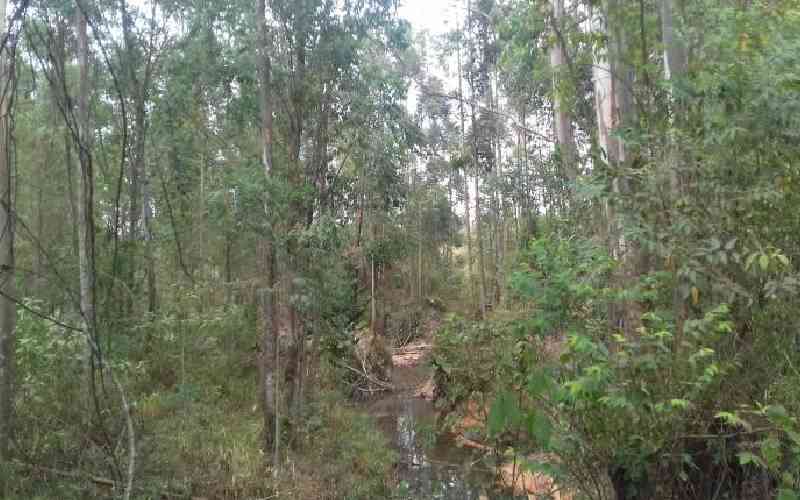×
The Standard e-Paper
Kenya’s Boldest Voice

A lawyer has moved to court to compel the government to map out and gazette swamps and marshlands to save them from further degradation.
Lawyer Wilfred Omariba Moseti wants the court to direct relevant ministries to develop frameworks for an amendment to the Forest and Chiefs Act so as to empower Kenya Forest Service rangers and chiefs to protect wetlands.